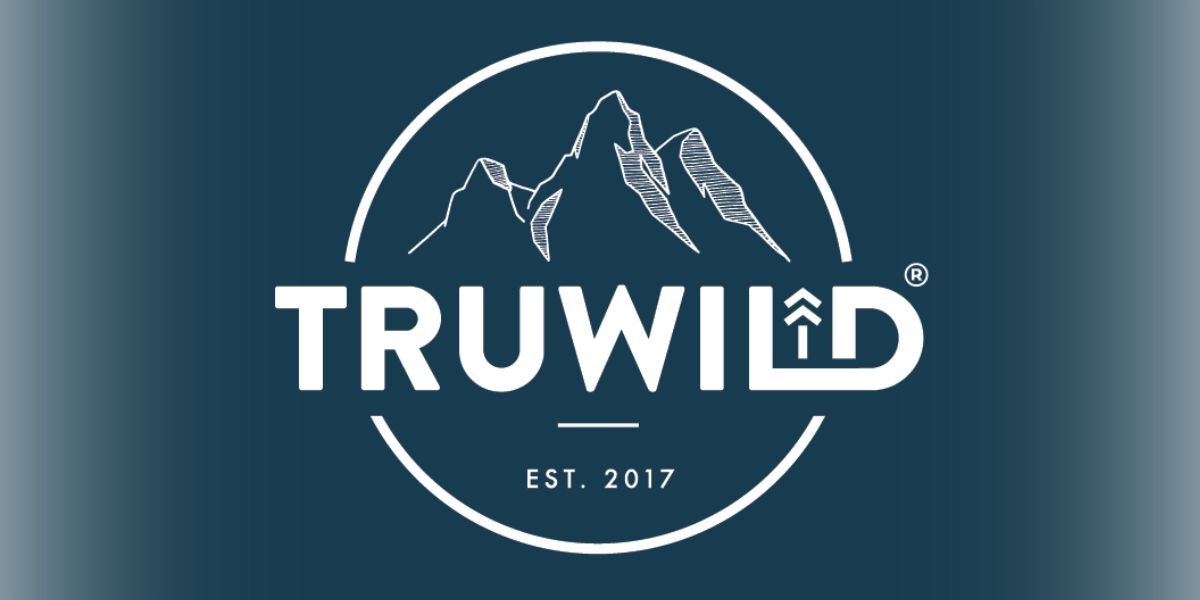By: Chelsea Robinson
Held at the Brands and Culture Villa, the session tackled the increasingly urgent intersection of AI, narrative control, and cultural responsibility. While AI’s role in advertising, design, and content production has drawn headlines in recent years, its impact on public relations has remained underexamined. This panel shifted that narrative.
Robinson, a communications strategist and agency leader known for her work with globally recognized talent and brands, made the case that the PR industry cannot afford to remain passive. “For too long, PR has been left out of the AI conversation,” she told the audience. “But communications is where AI will have one of its deepest and many personal impacts. It’s not just about output—it’s about how brands build trust, connect with audiences, and stay culturally relevant.”
The panel featured an impressive roster of speakers, each contributing insights grounded in their industry:
Jason Harvey, Executive Vice President and Head of BET Plus, discussed the role of culturally grounded platforms and how AI can be used to expand programming and marketing while maintaining narrative integrity.
Shakyna Bolden, Vice President of Digital Revenue and Experiential Operations at Will Packer Media and xoNecole, shared how AI is changing the pace and personalization of branded content strategies.
Nyasha Michelle, BBC journalist and reporter, offered a critical lens on the ethical challenges of AI in newsrooms and the role media must play in shaping responsible AI discourse.
Morgan Gregory, CEO and Co-founder of Alltold, provided a technical and strategic framework for building inclusive AI, drawing from her experience leading Responsible AI at Google and founding a company that audits inclusion across media.
While the panel was a Cannes Lions highlight, the AI for PR initiative itself predates the festival. Built by Intertwined Agency to empower PR professionals and communicators navigating the rise of AI, the initiative includes a downloadable playbook, toolkits, and educational content. These resources are available at www.intertwinedagency.com/ai-for-pr, and continue to be updated as technology and standard practices evolve.
What made the panel resonate with global attendees was its refusal to simplify the AI narrative. It did not offer AI as a miracle solution, nor did it frame it as an existential threat. Instead, it emphasized a grounded, strategic approach that prioritized ethics, cultural fluency, and practical application.
“People are afraid AI will replace us,” Robinson said during the session. “But what it will replace is laziness, bias, and outdated thinking. What we are building is not artificial. It is amplified intelligence. And if we understand how to prompt it, guide it, and ground it in culture, AI becomes a tool of liberation, not limitation.”
Intertwined also showcased how AI tools are being used internally at the agency to support campaign development, strategic planning, and client education. The goal, Robinson explained, is not to eliminate human expertise, but to enhance it with systems that support speed, creativity, and scale—without sacrificing authenticity.
For an audience that included global brand leaders, creative executives, and rising technologists, AI for PR was a reminder that the future of storytelling is not only being written in tech labs or Hollywood studios. It is also being shaped in press rooms, communication strategies, and the daily choices brands make about how to speak—and who gets to speak for them.
Intertwined Agency’s work in this space is ongoing, with future activations planned across major cities and virtual platforms. The agency is currently developing expanded training modules, live workshops, and consulting services for companies ready to implement AI responsibly in their communications departments.
As Cannes Lions wrapped up, AI for PR left a lasting impression—not as a trend, but as a necessary evolution. And as Robinson made clear, the time to engage is now.
“We’re not waiting to be included in someone else’s version of the future,” she said. “We’re building our own.”
Disclaimer: The article is for informational purposes only. The use of AI and its implications for the public relations industry, as discussed, are evolving and subject to change based on technological advancements, legal considerations, and cultural shifts. Readers are encouraged to seek professional advice where necessary and remain informed of ongoing developments in the field.








